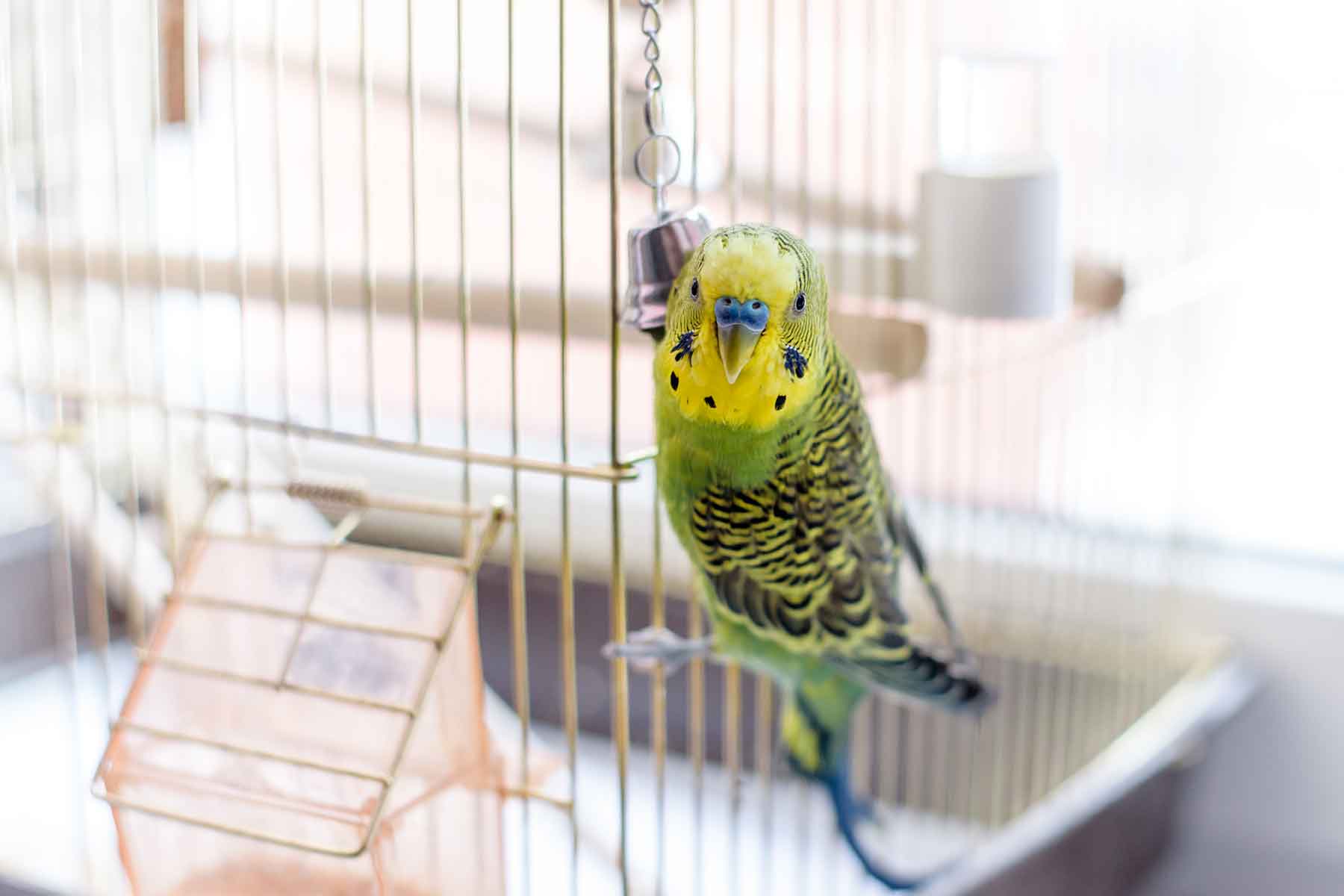Also known as “parrot fever”, Chlamydiosis is a disease caused by a micro-organism called Chlamydia psittaci. If inhaled, it is usually found in the lungs and air sacs. If ingested, it is usually found in the liver, spleen, intestines and kidneys.
The micro-organism is found in feather dust and dried faeces and is dispersed by air circulation. It will survive for several months in the environment. Chlamydiae are regularly or intermittently shed in the faeces, urine and nasal and ocular discharges. Many birds with no clinical signs can be shedding Chlamydia. This disease has many non-specific signs. The signs most often seen with acute Chlamydiosis are:-
- “Fluffed up” and lethargic
- Conjunctivitis and sinusitis and/or sneezing
- Yellowish to greenish droppings, often seen as “lime green” droppings
- Difficulty in breathing
- Weight loss and dehydration
- Death
Clinical signs of Chlamydiosis
The clinical signs of low grade or chronic Chlamydiosis are :-
- Progressive weight loss
- Greenish diarrhoea
- Convulsion and tremors
- Poor fertility
In untreated, acute Chlamydiosis is often fatal. If the bird is severely affected it may die despite treatment. It is seen in all species of birds. It is very common in most parrot species and in pigeons. Many birds are asymptomatic carriers. They will often only show clinical signs if stressed (e.g. new surroundings, moulting or breeding).
Chlamydia is hard to conclusively identify in the live bird. Helpful hints are the clinical signs, antigen tests (such as the Clearview Chlamydia test), cytology and blood tests. In aviary outbreaks, laboratories can do cytology or a culture on the liver, spleen, airsacs, lungs and kidneys of specimens from dead birds.
Treatment
Doxycycline is the preferred treatment for Chlamydiosis. The treatment is 45 days and available by prescription only. Additional procedures may be needed. These include :-
- The cage should be cleaned thoroughly daily and then disinfected
- Quarantine all new birds for 6 weeks
- High energy soft/liquid food supplements for emaciated birds. Fluids intravenously or subcutaneously may be needed in severe cases.
- A heat source – e.g. a 40 watt light globe.
- Isolate any suspect birds
- Reduce stress in the cage/aviary as much as possible.
- Avoid buying birds from markets
At a bird’s yearly health check, it should be examined for any signs of Chlamydia and then preferably tested or treated if suspect. All new birds should be tested/treated for Chlamydia.
PSITTACOSIS IN HUMANS
The chlamydial organism is capable of being transmitted from birds to humans, but this rarely occurs despite the relatively high incidence of infection in birds. Although psittacosis infection in humans is normally mild, it is potentially dangerous for persons who are sick, elderly or immunosuppresed (e.g., AIDS patients).
Persistent “flu-like” symptoms such as fever, chills, headache, weakness, fatigue and respiratory signs may be experienced. Because the condition in humans may be misdiagnosed, anyone who is exposed to pet birds and who develops a prolonged case of the flu should seek the advice of a doctor.











